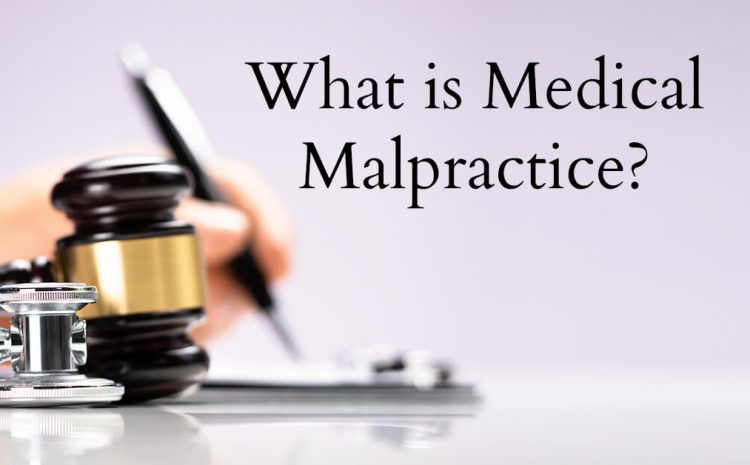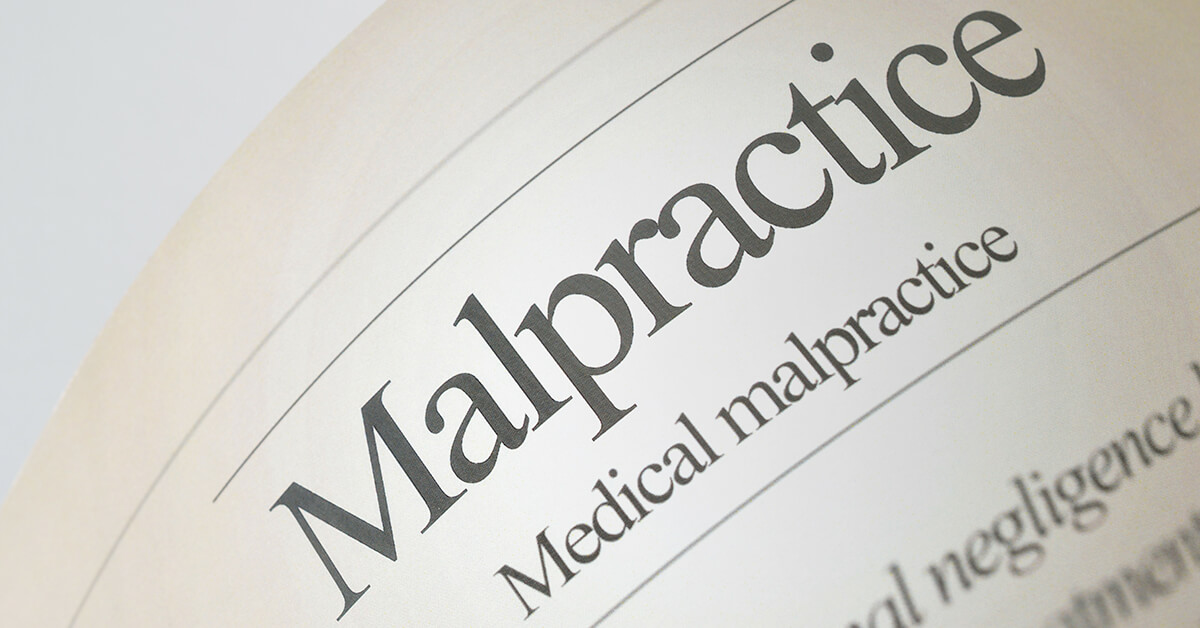
We trust our lives to doctors, surgeons, nurses, and other medical professionals every day. While most healthcare providers perform their job at the highest standards, medical errors still occur at an alarming rate. Unfortunately, when a medical error happens the results can be devastating. However, just because a medical procedure results in an injury or death it does not mean medical malpractice has occurred. An experienced medical malpractice lawyer, like those at GKT, can help you determine if medical malpractice has occurred and obtain justice and compensation for you if malpractice has occurred.
What is Medical Malpractice?
Medical malpractice is when a medical provider does or fails to do something that a reasonable, similar medical provider would or would not have done in similar circumstances and causes injury. Medical malpractice may happen when a doctor provides a treatment that no other reasonable doctor would provide. Malpractice may also occur when a medical provider fails to provide a treatment that reasonably should have been provided. Failing to properly administer the right treatment may also constitute medical malpractice. The medical malpractice lawyers at GKT can talk to you about your situation and determine if medical malpractice has occurred.
Examples of medical malpractice include:
- A surgeon operating on the wrong body part
- A physician failing to diagnose an easily identifiable medical condition
- A physician failing to notify a patient of a serious diagnosis identified in medical imaging
- Leaving a foreign object in a patient’s body during a surgical procedure
- A nurse providing a patient with the wrong medication
- A hospital or nursing home failing to take measures to prevent a known, high fall risk patient from falling
- A physician failing to advise a patient of serious, known risks of a procedure or treatment so the patient can make an informed decision on whether to consent to the procedure or treatment

Did Your Doctor Commit Malpractice?
Doctors are human and medicine is not an exact science. Simply experiencing a bad or unexpected result does not mean that the doctor or other medical provider committed medical malpractice. How a patient responds to a procedure or treatment is impacted by many things, including the patient’s medical history and pre-existing conditions. Your doctor or medical provider commits medical malpractice when they are negligent, and that negligence causes a serious injury or death. The medical malpractice lawyers at GKT can review your case for free and determine if malpractice has occurred.
A Breach of a Medical Standard of Care is Required
The first step in determining medical negligence is proving a breach of the applicable standard of care. The applicable standard of care is provider specific. That is, your family physician would not be held to the same standard of care as a cardiologist in diagnosing or treating a serious heart condition. The conduct and judgment of your family physician will be judged by the conduct and judgment expected to be exercised by a family physician acting under the same or similar circumstances.
The law does not require perfection. The law only requires doctors, hospitals, and nurses to exercise reasonable care and skill under the circumstances. Determining whether reasonable care and skill under the circumstances was provided requires expert testimony from another medical provider having similar training. For example, an orthopedic surgeon would not be able to establish the standard of care for a heart surgeon when performing bypass surgery. While they are both surgeons, their training and skill set are vastly different.
Additionally, what constitutes reasonable care is dependent upon what the doctor knew or should have known regarding your symptoms and pre-existing conditions. Pre-existing conditions, while appearing entirely unrelated to the ordinary person, are extremely critical information for diagnostic purposes. Whether an emergency room physician was negligent in administering a medication to trauma which sends the patient into cardiac arrest will be determined by what the emergency room physician knew or should have known about the patient at the time the medication was administered. Were there medical records or other sources of information available to the emergency room physician indicating that the patient was taking a contraindicated medication or had a contraindicated pre-existing condition? If not, the doctor likely will not be found negligent for failing to consider that which he or she could not or should not have known.

Medical Negligence Must Cause Injury
In addition to proving negligence through a breach of the standard of care, a medical malpractice claim requires proof of injury. What could have happened, but did not, does not matter. Only what actually happened is considered when determining whether medical negligence caused injury. While it may be terrifying to think about what could have happened due to a doctor’s negligence, the law provides recourse only for what actually happened.
Just as expert testimony from a similar health care provider is needed to prove negligence, expert testimony is also required to prove that the negligence caused the injury at issue. Proving causation, while it may seem obvious to the ordinary person, is often difficult and requires a complex analysis of the patient’s pre-existing conditions or co-morbidities. Proving injury means proving that the doctor or other health care provider caused the patient harm in a way that another doctor or health care provider would not have under the same set of circumstances. If the doctor’s error did not change the patient’s ultimate outcome, a medical malpractice claim may not exist. The medical malpractice lawyers at Gold, Khourey & Turak have the knowledge and experience necessary to investigate your claim and determine if malpractice has occurred.
Once a patient can prove that medical provider’s negligence caused injury, if successful in a court of law, the patient may recover damages for such things as pain, suffering, and disfigurement as well as medical bills and lost wages. If medical malpractice has occurred, the attorneys at GKT have the resources to obtain the justice and compensation you deserve.

How Do I Know If I Have a Malpractice Case?
Determining whether a medical malpractice case exists requires a complex analysis of medical records by persons trained in the specific areas of medicine at issue. It can be difficult to determine whether a doctor did everything that he or she should have done in providing care. In West Virginia and Ohio, you are required to have expert opinions both on the issue of negligence and on the issue of injury before you are even allowed to file a case in court. Working with the best medical malpractice lawyers, like those at GKT, who are experienced in prosecuting medical malpractice claims is critical to determining whether a medical malpractice claim may exist that could result is a successful recovery. The best medical malpractice attorneys will gather and analyze all available medical records before identifying and working with the necessary experts who will determine whether medical malpractice occurred.
GKT Medical Malpractice Lawyers Can Help
If you or a loved one has been injured by a medical error in West Virginia, Ohio, or Pennsylvania, contact our office today to speak with an experienced medical malpractice lawyer. We offer a free review of your case, and there’s never a fee unless we win your case. We can be reached 24 hours a day by phone call or text at (304) 845-9750, by online through our Live Chat feature, or by completing our no obligation online form.



